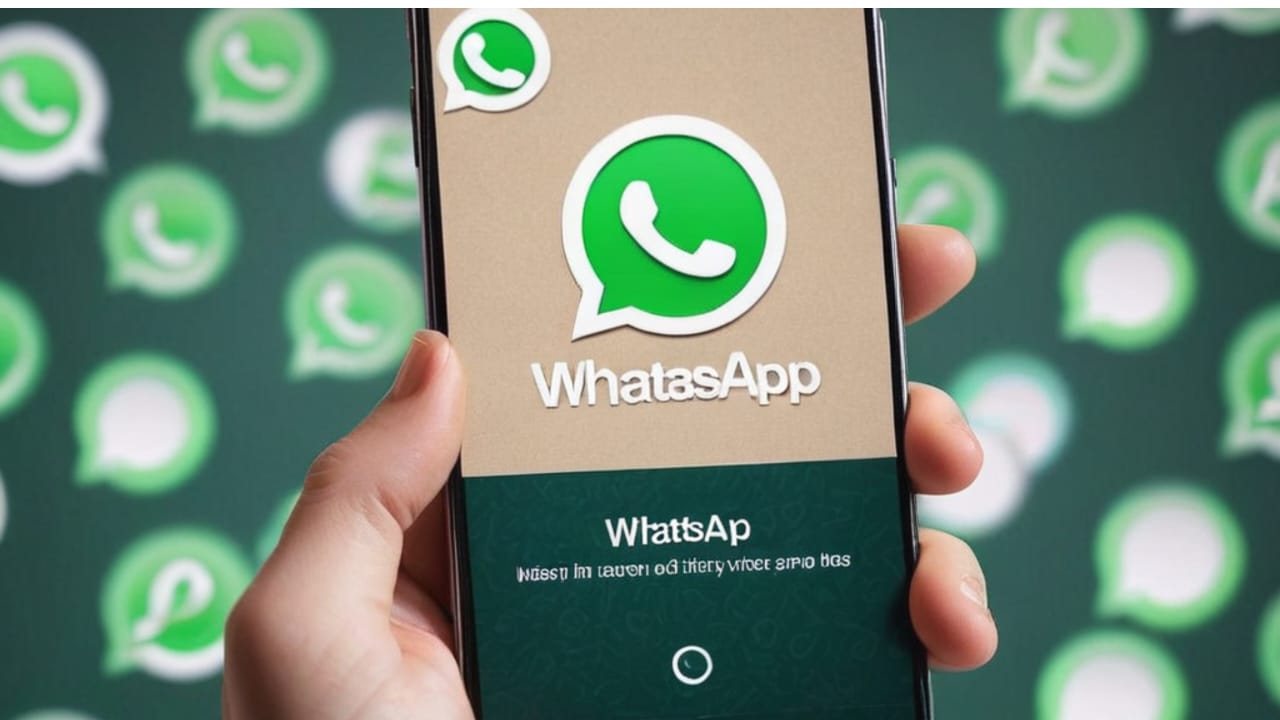Privacy is important when using messaging apps.
Modern communication platforms especially messaging apps like WhatsApp place a premium on privacy. Users expect strong security measures to safeguard their sensitive information in the modern digital age where data breaches and privacy violations are commonplace. Privacy features are critical for user confidence and trust because messaging apps are so important for both personal and professional communication.
WhatsApp pledges to protect privacy.
Since its launch, WhatsApp has prioritized privacy highlighting end-to-end encryption as a fundamental component. End-to-end encryption guarantees that the only people who can access messages calls and media shared on the platform are the sender and the recipient no third party not even WhatsApp can access the content. Because of its high level of encryption WhatsApp has become the go-to option for people looking for safe ways to communicate.
An overview of the Linked Devices feature in WhatsApp.
Users will be able to access their WhatsApp accounts on multiple devices with ease thanks to an upcoming privacy feature for linked devices that aims to improve security and user experience. WhatsApps end-to-end encryption will now be extended to connected devices thanks to this feature guaranteeing that messages will always be private and secure on any device. More control over connected devices will be granted to users strengthening account security.
Investigating End-to-End Encryption.
A complex security protocol known as end-to-end encryption encrypts data on the sender device and only decrypts it on the recipient’s device rendering the data unreadable by service providers or anybody else in the middle. In spite of being intercepted during transmission, this guarantees that messages and other communications stay private and secure. The successful protection of user data provided by WhatsApps use of end-to-end encryption has been widely praised.

Handling Privacy Issues and Disputations.
Despite WhatsApps emphasis on privacy the company has come under fire for its data sharing policies and user privacy. A privacy policy update from WhatsApp in 2021 raised questions about the sharing of user data with Facebook the company’s parent. As a result of user backlash and regulatory scrutiny WhatsApp had to reaffirm its privacy policies and provide users with reassurance.
Regulations Function in Protecting Privacy. Growing regulatory scrutiny and legislative efforts to protect user data are the results of the changing data privacy and security landscape. To control data collection storage and usage by businesses like WhatsApp governments worldwide are passing laws like the California Consumer Privacy Act (CCPA) in the US and the General Data Protection Regulation (GDPR) in the EU.
Prospects for Privacy in Messaging Apps.
More sophisticated privacy features like decentralized encryption protocols zero-knowledge proofs and privacy-preserving algorithms will probably be added to messaging apps as technology develops. These developments seek to uphold the highest standards of security and confidentiality while giving users more control over their data.
In conclusion.
The impending privacy feature for connected devices from WhatsApp is a big improvement over current methods of protecting user security and privacy. WhatsApp reiterates its dedication to delivering a dependable and safe messaging experience by granting users greater control over their accounts and extending end-to-end encryption to connected devices. Messaging apps will keep innovating and implementing cutting-edge privacy measures to meet user expectations and regulatory requirements even as privacy concerns and regulatory frameworks change.

Leave a Reply